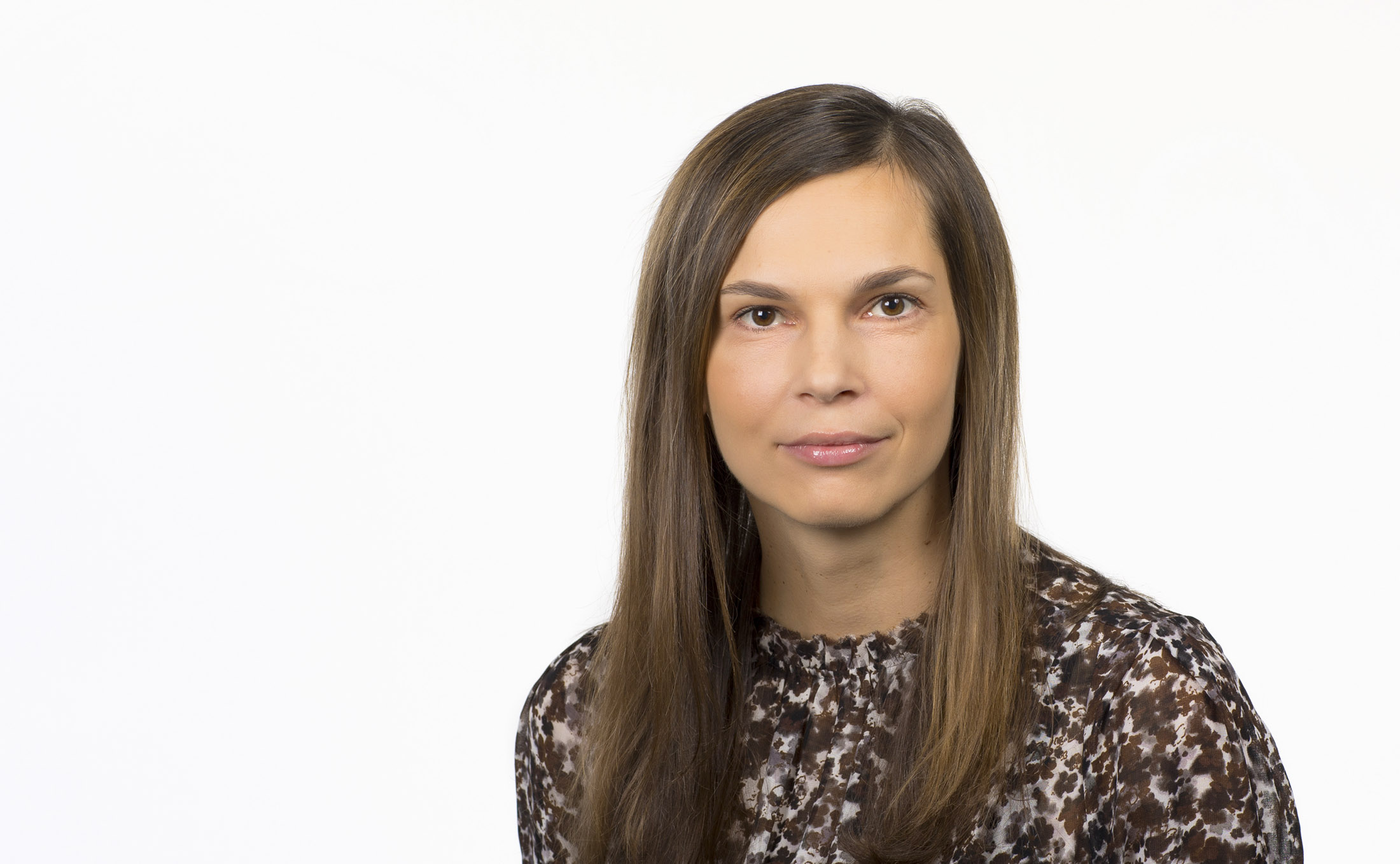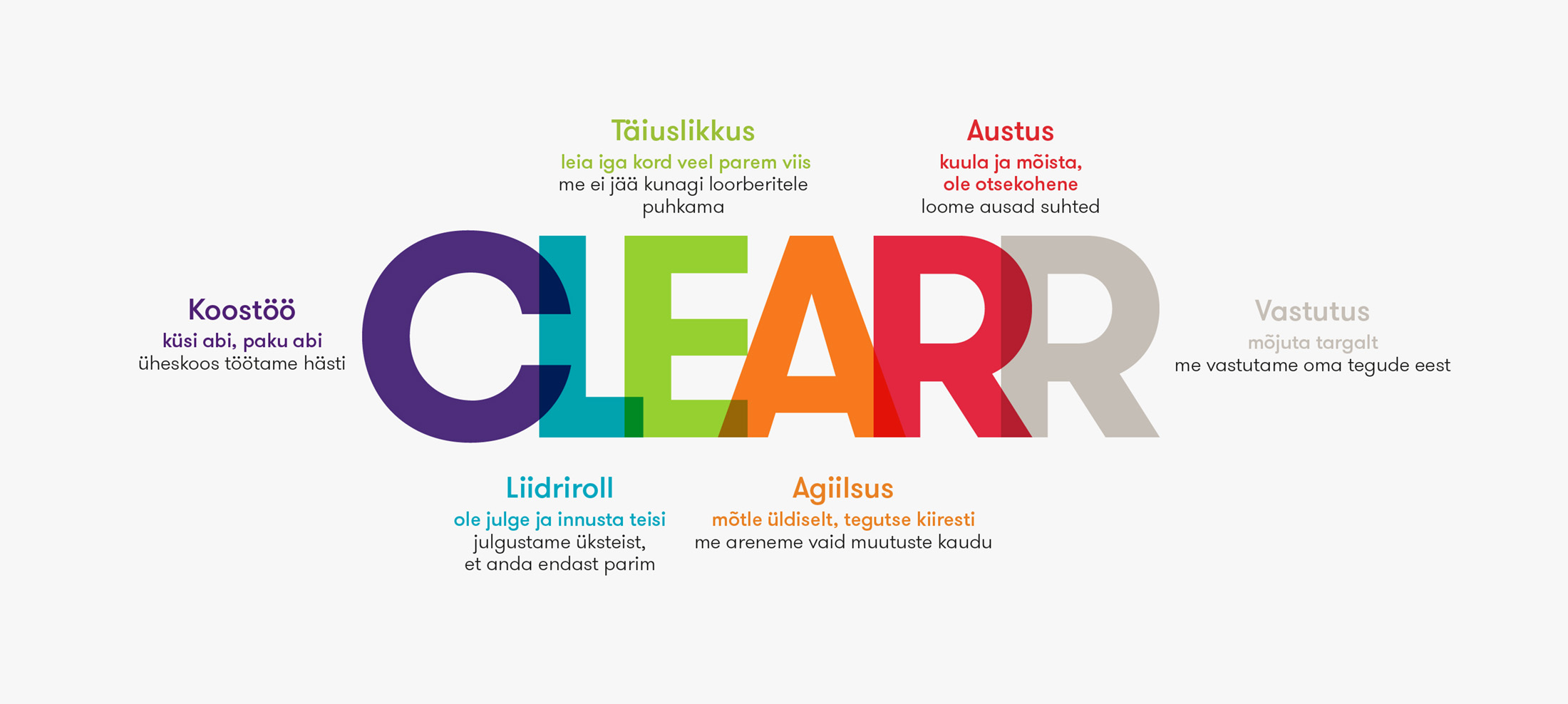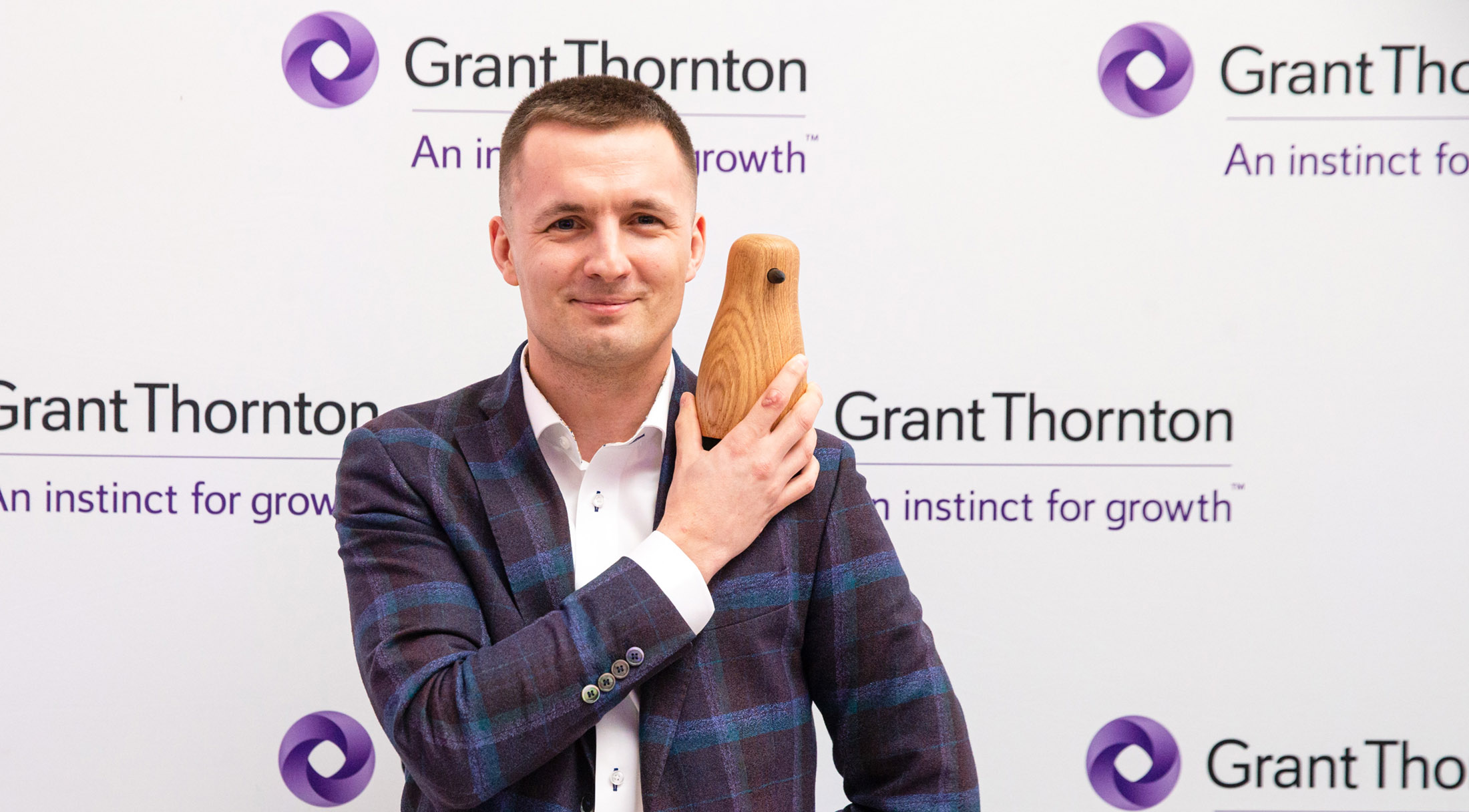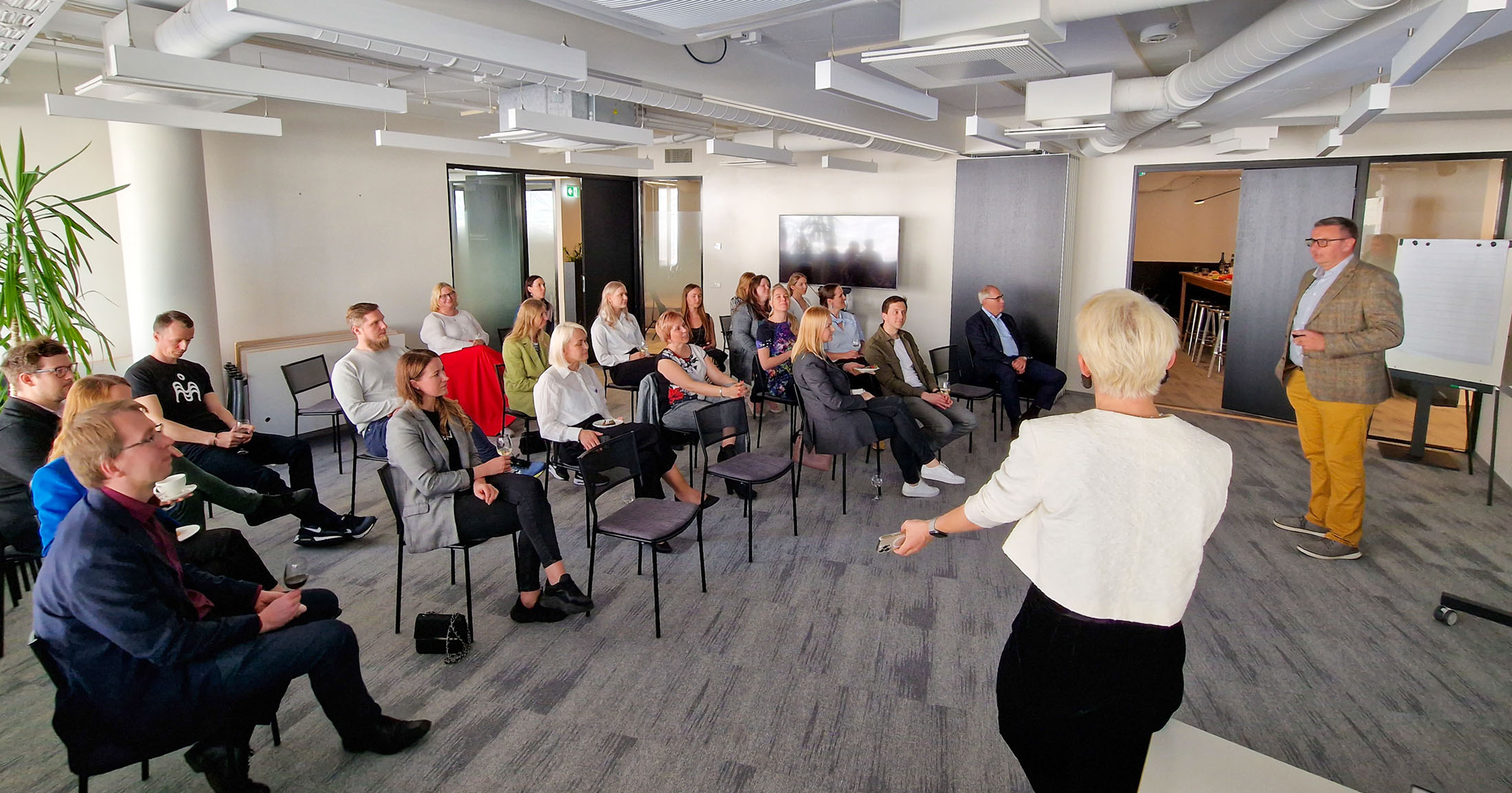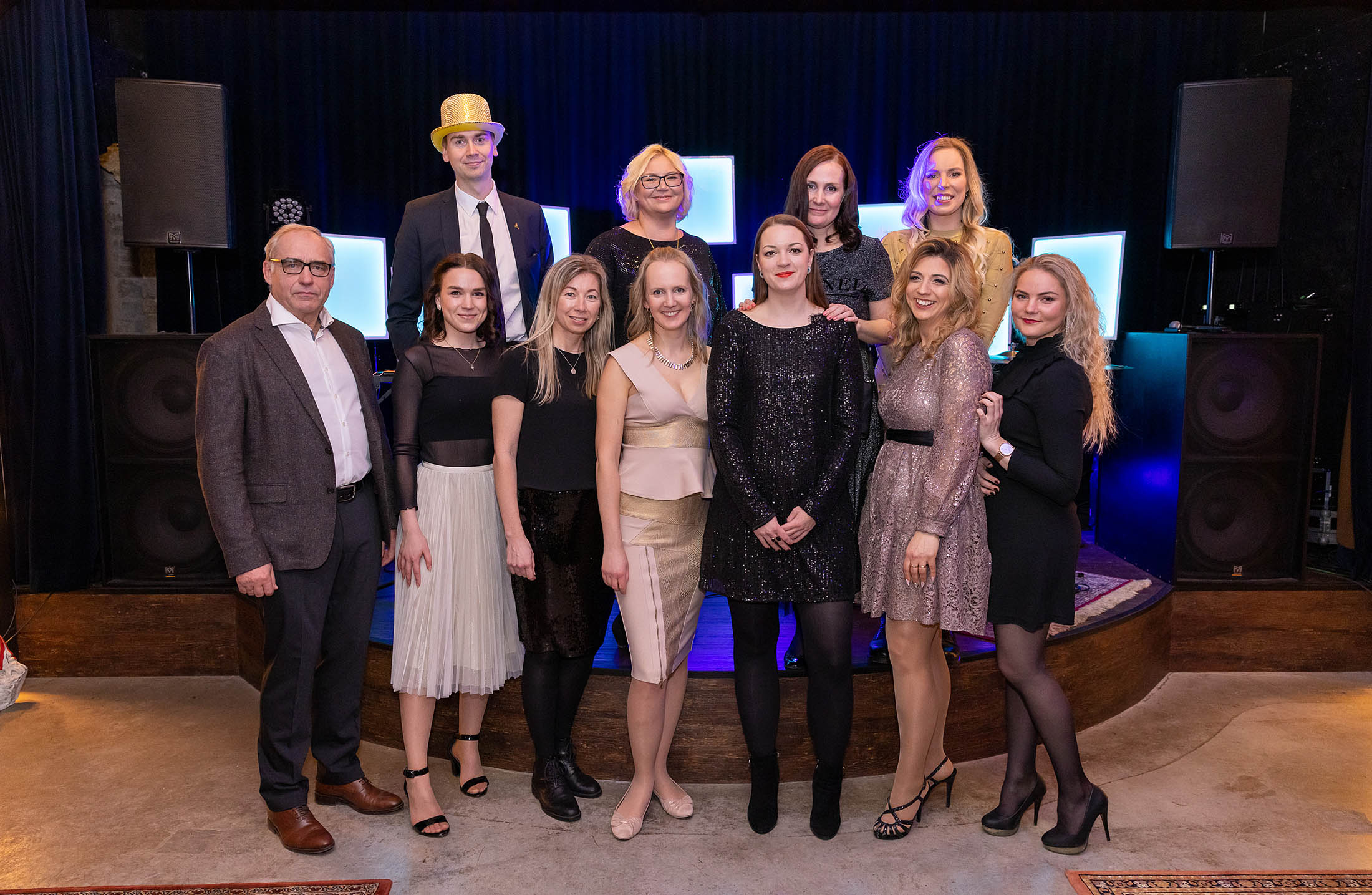Like night and day: recruitment ca 1996 vs 2022
Janno Greenbaum, Sworn Auditor and Partner who has worked at Grant Thornton Baltic for more than half his life, is one of the company’s longest-serving employees. He remembers his start in 1996 very clearly. “I was a second-year student and happened to read the annual report of some company,” he says. “At the end of it was the auditor’s report, with the Rimess logo underneath it. It caught my eye, so I called Rimess and asked if they’d like to hire me. I’d attended accounting classes, but had zero work experience. Nonetheless, I was invited in to the office, where I had a chat with Mati and Eva. At the end of the meeting, they told me I had a job!” Recruitment then, Greenbaum smiles, was not like it is today, involving at least three interviews and several tests.
Merle Rõbovõitra, who joined Rimess in 2003, did not have such a smooth journey: she applied to become an accountant, but was turned down. However, a couple of weeks later her phone rang and at the other end of the line was the head of the Accounting Department at Rimess, who made her an unexpected offer: “If you can come in today, the job’s yours!” She explains: “I found out later that there had been an emergency in the company. I went to their office on Uus-Tatari Street, where I was shown into the managing partner’s office, and Mati gave me an introduction to the company. At the time it was customary for a new employee’s first contact in a company to be with the owner. I didn’t have much of an induction period: I just sat at my desk and started entering invoices into the computer!” Rõbovõitra soon became the accounting group leader, then the auditing group leader and finally a sworn auditor.
Audit Group Manager Merle Rõbovõitra considers it very important that there has never been a strict hierarchy and that the doors of managers are always open to employees.
She says this was supported by the company’s organisational culture, in which making mistakes was permitted and seen as a means of learning and an opportunity for development. “Sure, you made a mistake, but you weren’t punished for it,” she says. “Instead, you analysed why you made it and drew conclusions for the future. Just like in a real family!”
Another thing Rõbovõitra remembers from her time working at Rimess, which had started in such an unexpected manner, is that recruitment of new staff was infrequent. As such, everyone wanted to interact and help out at the beginning. “Even those who couldn’t help me with my work showed me where to get copy paper and where to find the best lunch deals,” she recalls. “Although there was no systematic induction programme like there is now, I felt welcomed and that I’d get support whenever I needed it. The fact that there were about ten of us sitting in a room and I could always ask others for advice if I was confused about something also helped a lot. In today’s open offices, with a lot more people sitting in one big room, you wouldn’t think of doing that anymore.” She adds that the doors to the managers’ offices were always open and anyone could walk in to talk to them if they needed to.
In the early part of the second decade of the new century, when Head of People & Culture Marge Litvinova joined the company, development of the employee experience really took off. Given that the number of staff kept growing, passing one hundred in 2019, this was inevitable. The goal was to ensure that people felt good when joining, working and developing in the company, and left with fond memories of the place.
Mikk Mägi, who rose through the ranks from junior audit consultant to head of financial advisory and partner during his nine years in the firm, and who in 2021 started managing the finances of Milrem Robotics, the flagship of the Estonian defence industry and Europe’s leading robotics company, is one of those who has nothing but praise for his former employer. “Anyone who shows initiative and is interested in development is given a chance at Grant Thornton Baltic,” he says. “I was able to implement some really big, exciting projects in the fields of audit, corporate finance, transaction advisory and business analytics.”
Mikk Mägi, who has put himself to the test in the areas of auditing and financial advisory alike, was awarded the title of Outstanding Leader in 2019. Pictured with his prize.
In his opinion, Grant Thornton Baltic is an innovative and caring company. “Developing and supporting people and listening to what they have to say aren’t just slogans,” he says. “They have real substance. For example, the mentoring system that helps junior colleagues learn from more experienced ones is really effective. I was able to learn from both experienced auditors and advisers.” With a smile he adds: “We worked hard, but we always had fun together!” Looking back on nearly a decade of work, he says: “I gained really broad experience in terms of professional development, which is very useful in my current job.”
Contact is also maintained with people who have left Grant Thornton Baltic. This photo was taken at the Alumni Club meeting in May 2022.
The development journey of new employees starts from day one. Kai Paalberg, who came to Grant Thornton Baltic in early 2019 to build up the risk management and internal audit area, remembers her induction period well. “It’s nicely structured,” she says. “Each area manager gives you a presentation over a period of a couple of weeks, which gives you a good overview of what the company does and who works there. I liked the fact that not all the information was handed out at once, because then it wouldn’t sink in, but there’s always a lot of information for new employees.”
The onset of the pandemic in early spring 2020, which immediately packed everyone off to their home offices, made it difficult for new staff to settle in. “To my mind, learning is much quicker and more efficient when people are in the same room together,” says Merle Rõbovõitra.
Audit Group Manager Meeli Tali-Aruväli can nevertheless confirm from her own experience that while she primarily had to get to grips with her new job and get to know her colleagues online, everything went well. She explains: “I joined the audit team at Grant Thornton Baltic in January 2020, just before the coronavirus crisis. I didn’t know what to expect because the whole environment was new to me, and then we had to work from home because of the circumstances. To my surprise, I was welcomed by a very supportive and tight-knit team. Whenever I had questions, there was always someone to help, teach, advise and support me. I felt like I’d come to a place where me and my work were valued.”
The smooth operation of Grant Thornton Baltic is supported by a strong rearguard. In this photo are the back-office team at the Christmas party at the Vatican Club in January 2022.
Kai Paalberg says the people who work at Grant Thornton Baltic are very special. “It feels like they’ve all been carefully chosen for the company,” she says, knowing that this is exactly the case. Head of People & Culture Marge Litvinova confirms that the most important thing when recruiting is that the values of the applicant align with those of Grant Thornton Baltic. As such, the first thing she and the area managers seek to determine when interviewing applicants is whether they are a good fit for the company’s values and team. Occupational skills are only tested if the answer to that question is ‘yes’. However, it is still possible to apply successfully for certain jobs, such as audit assistant, if you don’t yet have the occupational skills needed for it. Bert Haabu, who joined in 2019, wanted to become a junior audit consultant because the position required no previous experience. “The career model in the audit field is apprentice to master, and the first couple of interviews focused more on my personal qualities, abilities and suitability for the company,” he recalls.

